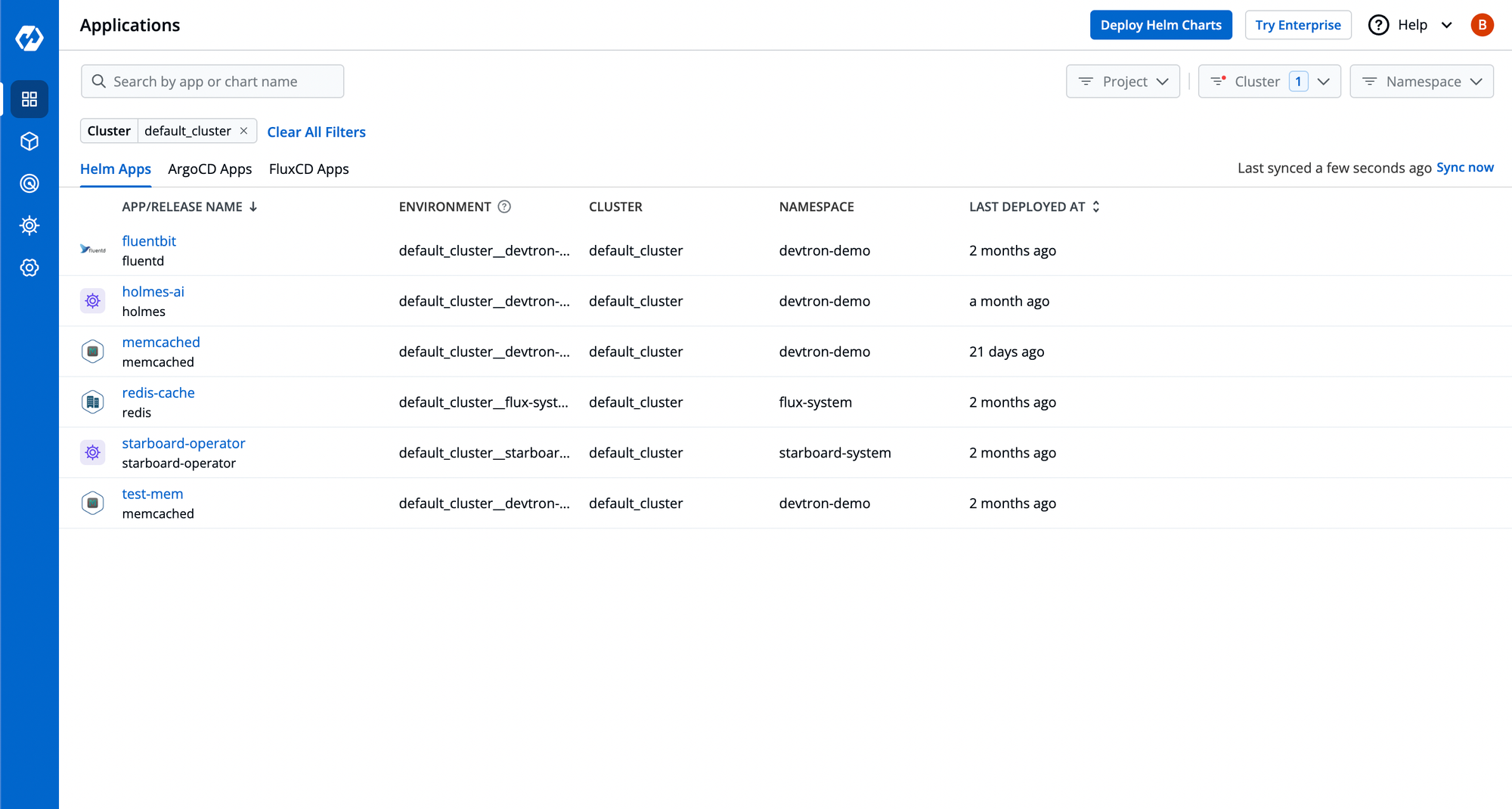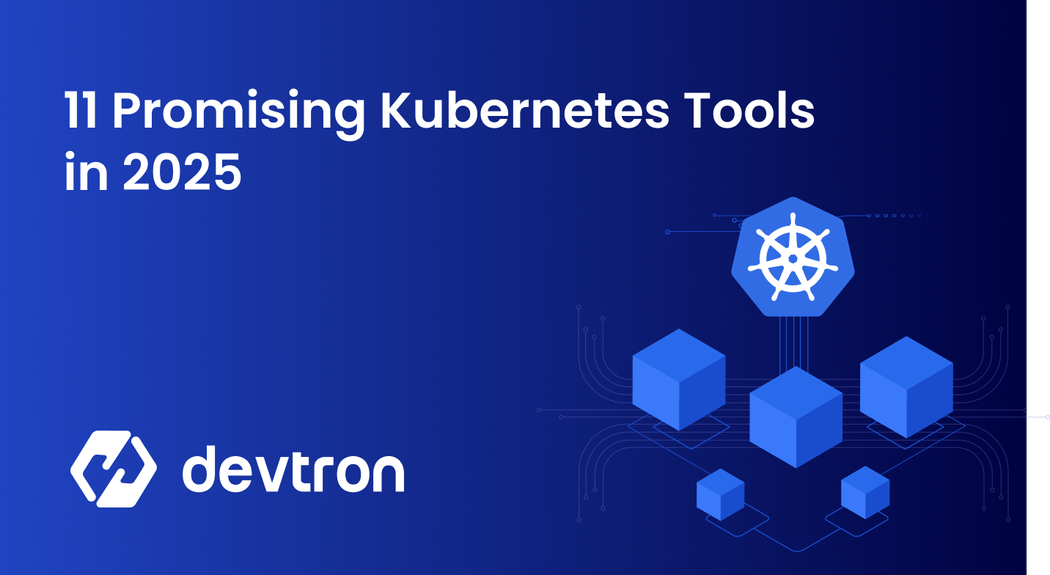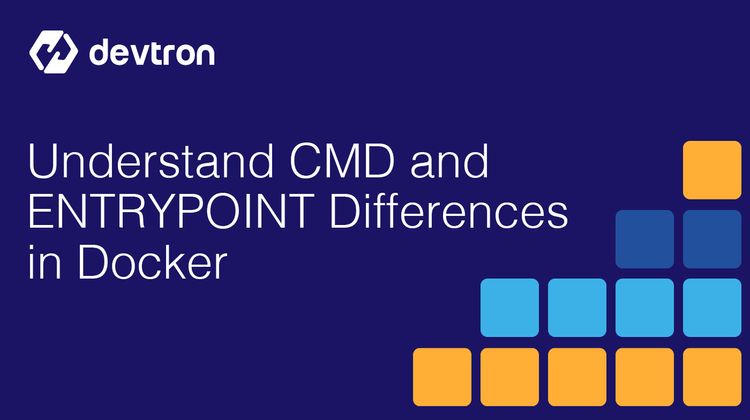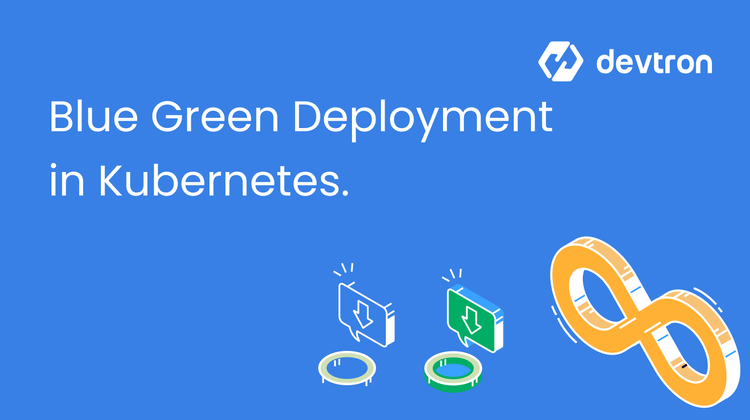1. Kubernetes adoption is growing rapidly, increasing the need for productivity, security, and cost-optimization tools.
2. The tools below cover cluster management, cost monitoring, security, infrastructure provisioning, log management, and more.
3. Using a combination of these Kubernetes tools helps streamline operations, reduce complexity, and improve developer productivity.
4. Many tools are open-source, allowing flexibility and cost savings for organizations of all sizes.
Introduction
As the adoption of Kubernetes (K8s) continues to surge, developers and organizations are increasingly seeking tools that enhance productivity, streamline operations, and improve overall efficiency in managing containerized applications. The need for the right tools is crucial; without them, teams will struggle with the complexities of Kubernetes, leading to bottlenecks and inefficiencies in operations. In this blog post, we explore some of the most promising Kubernetes tools in 2026 designed to reduce complexities and boost team efficiency.
1. Devtron Kubernetes Dashboard
Devtron’s Kubernetes dashboard is an open-source, modern Kubernetes management solution that provides operational efficiency for your multiple Kubernetes clusters. It gives a 360-degree view of resources, enabling visualization, editing live manifests, reviewing logs, and troubleshooting with an integrated terminal.

Key Features:
- Multi-Cluster Management – Centralized visibility and control for multiple clusters.
- Advanced Troubleshooting – Live manifest editing, log streaming, event monitoring, AI-assisted debugging.
- Fine-Grained RBAC – Intuitive access control with support for seven SSO providers.
- Unified Application Management – Helm marketplace integration, GitOps visibility for ArgoCD and FluxCD.
💡 Stay tuned: Devtron is launching an agentic AI feature to further automate debugging, optimization, and cluster insights.,
2. OpenCost
An open-source Kubernetes cost monitoring tool for real-time expense tracking and optimization.
Highlights:
- Real-time cost breakdown by cluster, node, namespace, and pod.
- Multi-cloud support (AWS, Azure, GCP).
- On-premises support with custom pricing.
3. Crossplane
Transforms your Kubernetes cluster into a universal control plane for managing cloud infrastructure.
Highlights:
- Manage cloud resources as Kubernetes objects.
- Create reusable infrastructure compositions.
- Works across AWS, Azure, GCP, and more.
4. vCluster
Run lightweight, isolated virtual Kubernetes clusters inside a physical cluster.
Highlights:
- Complete isolation with shared underlying resources.
- Cost-efficient development & testing environments.
- Rapid scaling for dynamic workloads.
5. Silver Surfer
Silver Surfer is an open-source Kubernetes utility that simplifies the critical process of Kubernetes version upgrades. It acts as an intelligent API version validator and migration assistant, helping DevOps teams identify and resolve deprecated API versions across their Kubernetes manifests and resources. By automatically analyzing your Kubernetes objects and providing clear migration paths, Silver Surfer ensures smooth cluster upgrades while minimizing the risk of version incompatibility issues. This tool is particularly valuable for organizations managing large-scale Kubernetes deployments where manual API version verification would be time-consuming and error-prone.
6. NeuVector
A full lifecycle container security platform for Kubernetes environments.
Highlights:
- Runtime vulnerability scanning.
- Zero-trust network security.
- Compliance & auditing tools.
7. Autocert
Automates TLS/HTTPS certificate management inside Kubernetes clusters.
Highlights:
- Private CA with RFC5280 compliance.
- Automatic renewal of short-lived certificates.
- Secure key management without storing in etcd.
8. Stern
Stern is an open-source tool designed for Kubernetes that simplifies the process of tailing logs from multiple pods and containers in real time. It aggregates logs into a single stream, featuring advanced filtering options and color-coded outputs for easier debugging and monitoring. Stern dynamically adapts to changes in the pod environment, automatically adding new logs and removing those from deleted pods, making it an essential tool for DevOps engineers looking to enhance their log management workflows. For more details, visit the Stern GitHub repository
9. Sloop
Sloop is a Kubernetes history visualization tool that records and visualizes changes in events and resource states, aiding in the debugging of past incidents. Key features include the ability to inspect non-existent resources, timeline displays for resource rollouts, and support for debugging transient errors. Sloop operates as a self-contained service without dependencies on distributed storage, making it easy to install via Helm charts or precompiled binaries. It also offers advanced features like backup and restore capabilities, event filtering, and integration with Prometheus for performance metrics. For more details, visit the Sloop GitHub repository

10. Winter Soldier
Winter Soldier is an open-source tool that enables time-based scaling of your Kubernetes infrastructure. The time-based autoscaling of Winter Soldier scales your workloads according to the pre-defined time. The most effective way to use Winter Soldier and its time-based autoscaling is where you know the exact pattern of incoming traffic for your services. The time-based scaling also aligns with the goal of cost optimization where by utilizing the pattern of your traffic the Kubernetes infrastructure can be scaled.
The Winter Soldier can be deployed to execute things such as:
- Batch deletion of the unused resources
- Time-based Scaling of Kubernetes Workloads
To read more about Winter Soldier and know how you can implement your Kubernetes infrastructure, refer to this blog.
11. Harbor
Harbor is an open-source artifact registry that helps you to securely store your container images. What makes Harbor special is its policies and role-based access control, which ensure the images are scanned for vulnerabilities and image signatures are trusted. With Harbor, you can set policies for your images, scan them for vulnerabilities, and manage access through role-based controls. This makes it an essential tool for developers looking to ensure their container images are both secure and well-managed.
Key features of Harbor include:
- Self-Hosting: Users can deploy their own Harbor registry instance, allowing for complete control over their container images and security policies. Also, by configuring a self-hosted Harbor registry, users can execute secure deployments to air-gapped environments.
- Security Features: Implements access policies, vulnerability scanning, and image signing to ensure that only trusted images are used in production.
Conclusion
As Kubernetes adoption grows, the above tools offer essential solutions for streamlining operations, enhancing security, and improving efficiency. Whether you need better cluster management, cost monitoring, security controls, or deployment capabilities, these tools can help teams tackle the complexities of Kubernetes while reducing operational overhead. Organizations can build more robust and manageable Kubernetes environments that align with their specific needs by choosing the right combination of these tools.
FAQ
What are the best Kubernetes tools to use in 2026?
Top tools in 2026 include Devtron, OpenCost, Crossplane, vCluster, and Harbor, helping teams with security, cost optimization, app management, and multi-cluster operations.
Why are Kubernetes tools important for DevOps teams?
Kubernetes tools simplify deployment, monitoring, scaling, and security, allowing DevOps teams to manage complex workloads efficiently and reduce operational overhead.
How do I choose the right Kubernetes tool for my team?
Consider your team's specific needs: for cost tracking use OpenCost, for security use NeuVector, for deployment and GitOps use Devtron, and for isolated environments use Zarf.






